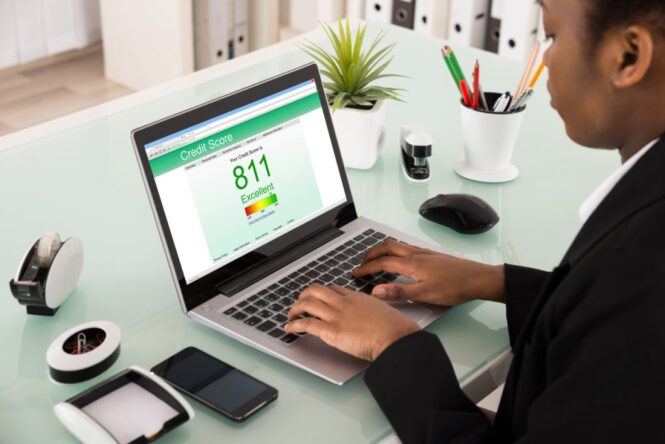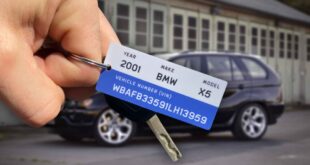The time has arrived – you are an adult, you have steady work, and now you set your eyes on one of most people’s biggest goals – owning a home. The 2008 financial crisis that burst the real estate bubble, among other damages, has led people to be smarter and more conscious of what goes on in real estate. If you want to be a smart homeowner and buy a property without going into major debt, here are the tips you have to follows:
Calculate your financial ability
In most cases, it requires a 3-year annual salary, before tax, to purchase a home. So, before you put a down payment, you need to ask yourself – do you have the liquidity to make monthly mortgage payments? That way, you will be able to plan a budget for the mortgage payments without worrying that you won’t make the payments.
Save up for a down payment – today, people can purchase a home with a 0% down payment, which is very tempting. However, having no down payment means larger monthly payments, getting refused for a loan by the bank, and not being able to bid on certain homes.
It may take you some time, but saving for a down payment is worth it – your mortgage will be lower, and the more you save, the better the house you will be able to purchase.
Check your credit score

A credit score of 660 will usually get you denied by banks when you apply for a mortgage loan. So, you need to find out your credit score and make sure it is higher than 660 and preferably higher than 700. If your score is lower than 660, improve it; try to increase your income and decrease your debts until you are eligible for a loan. A bad credit score will not always get you denied for a loan, but it will require you to pay higher percentages on a loan, which can increase your debt.
Check your mortgage options
We live in a day and age where there are more ways than one to finance or refinance your mortgage and down payment using companies like Credible, and here are some of the most popular methods.
Standard mortgages – mortgagees that abide by standards set by the government-sponsored entities, such as Freddie Mac. The standard mortgages require a 3% down as a minimum, which most people can swing.
FHA loans – these are Federal Housing Administration insured loans, and they require a minimum down payment of 3.5%.
VA Loans – VA loans are guaranteed by the Department of Veterans Affairs, and their biggest advantage is that they do not require a down payment.
When it comes to the mortgage itself, you can lower your monthly payments if you pay a higher down payment. Opting for a 30-year fixed mortgage is an increasingly popular option that allows for a lower monthly payment.
If you cannot afford a large down payment, you can get a mortgage with large monthly payments (if you can afford it) with a low-interest rate over a 15-20 year period.
Research first buyers’ programs

There are many people in the US who qualify for a first time home buyer program that can significantly lower down payment requirements. States and local governments offer first buyer programs, so do your research when you are shopping for a home.
If you have a 401(k), you can also access up to $10,000 from your plan or from Roth IRA without having to pay a penalty. Contact the human resources department at your place of work and find out what you are eligible for and whether you can borrow money against your employment financial assets.
Get pre-approved for a mortgage
Homeowners love pre-approval, and getting pre-approved can put you over the top when you bid on a house. To get pre-approved for a mortgage, you need to contact local lenders and ask for mortgage loan quotes.
Go to several lenders, and ask for quotes in your terms, meaning ask for loans for your desired duration and desired monthly payments. Once you find a lender that can give you a favorable rate, ask them to provide you with a pre-approval letter that states that you are eligible to get a mortgage loan for X amount of money.
Then, you can take the statements when you go house-hunting, or when you go to real estate agencies that many of which require such a letter.
Research properties

The financial crisis, combined with shady homeowners, led to many properties having debts registered to them. If you want to avoid purchasing a home that could be foreclosed, do your research about homes you plan on purchasing. You can do so by using reverse address lookup sites, like GoLookUp, that provide online information about properties in the US.
By entering an address into these types of directories, you will be able to find out the price of other properties in the area to make sure you do not overpay, find out who is the property owner, see the number of sex offenders in the area, get census data, and much more.
Consult a lawyer and a real estate agent
If you expect there will be no problems with the purchasing of your selected property, then you will not need a lawyer but only a realtor. However, if you run into problems with the homeowner or you have legal issues, you are advised to take on a lawyer. The average lawyer will charge you for several hundred dollars an hour, but they can save you plenty of money in the long run.
There are cases where a home is under foreclosure, in probate, or the signing requires a lawyer. Either way, there are cases where you will not be able to avoid hiring a lawyer, so you will need to get one that has a good reputation and experience in the real estate department.
Take your time – purchasing a home is most likely the largest investment in your life, so you have to be patient; do your research, go to open homes, check the properties you visit thoroughly, and most importantly – purchase a house that feels like home.
 Imagup General Magazine 2024
Imagup General Magazine 2024



